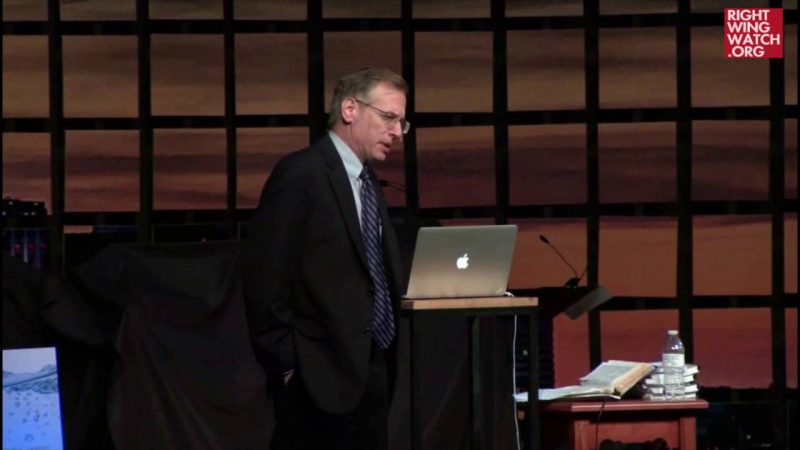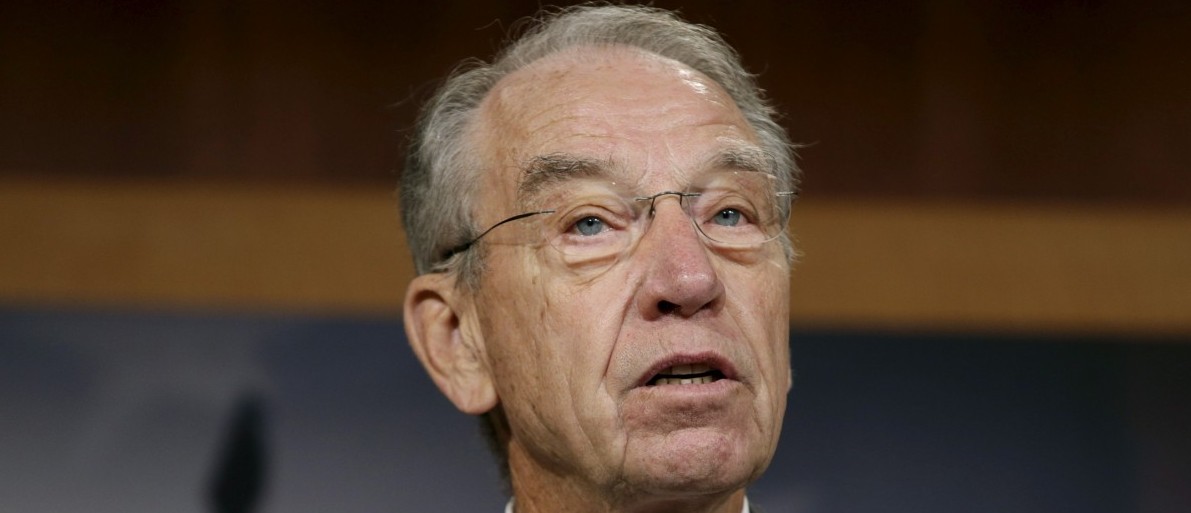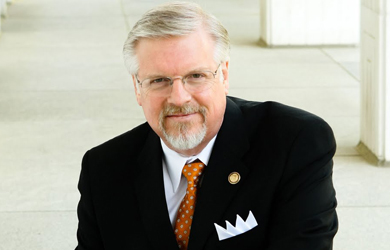Following Focus on the Family’s staunch criticism of Lady Gaga over her new song ‘Born This Way,’ Chuck Colson is now attacking Gaga for claiming that sexual orientation is not a choice. The Religious Right leader also goes after Attorney General Eric Holder, who recently announced that the Justice Department will no longer defend the unconstitutional Defense of Marriage Act and said that a person’s sexual orientation should be considered comparable to sex, religion, race, and national origin. Colson quotes conservative writer and Gaga-critic Frank Furedi in arguing that since Gaga transformed herself from into a pop-sensation, gays and lesbians can similarly transform themselves into heterosexuals:
Do people choose to be gay, or are they born that way? Here’s a tip: Don’t turn to Lady Gaga for an answer.
According to Vogue magazine, Lady Gaga’s song “Born This Way” is more than “an unbelievably great dance song”; it is “destined to be the anthem of every gay-pride event for the next 100 years.” It only took the well-known pop star 10 minutes to write the song and its explanation of same-sex attraction. At least that’s what Lady Gaga told Vogue.
That being the case, we shouldn’t expect too much nuance and thoughtfulness from someone best known for wearing meat as a dress and making an obscene gesture at a Mets game. Still, Lady Gaga has unintentionally raised some important questions which go far beyond sexual orientation.
…
As regular BreakPoint listeners know, the link between same-sex attraction and genetics is far from established. But what’s baffling is the way the singer — and the culture she represents — holds two conflicting viewpoints at the same time. After all, performers like Lady Gaga are the masters of reinvention. They are constantly shedding identities and personas, whether for financial gain or as a matter of self-expression. So to then insist at the same time that reinvention and redefinition is impossible and that identity is fixed is literally incoherent.
Furedi sees this incoherence as in keeping with the way that “identity politics” has “fluctuated between the individualistic celebration of choice and [the] . . . quest for legitimacy.” As a libertarian, Furedi worries that we are on our way to seeing ourselves as “slaves to our biology” instead of as beings capable of “making our own world” and “choosing who we want to be.” And he’s right to object! This idea is spreading. After all, Attorney General Holder, explaining why the Administration will no longer defend the constitutionality of the Defense of Marriage Act, said that sex orientation is an “immutable characteristic.”
But for the Christian, thinking in terms of dichotomies such as “nature versus nurture” and “genetics versus free will” is the real problem. For us, it’s not either-or. Who we are cannot be reduced to any one thing. For instance, Christianity teaches that biology and the rest of creation has a great deal to teach us about how we should live. This is part of what we mean by “natural law.” An obvious example is the biological facts that lie behind the teaching that marriage should be between a man and a woman. But saying that biology is somehow normative is not the same thing as saying that is determinative. We are free to choose how we behave, both for good and for ill.








